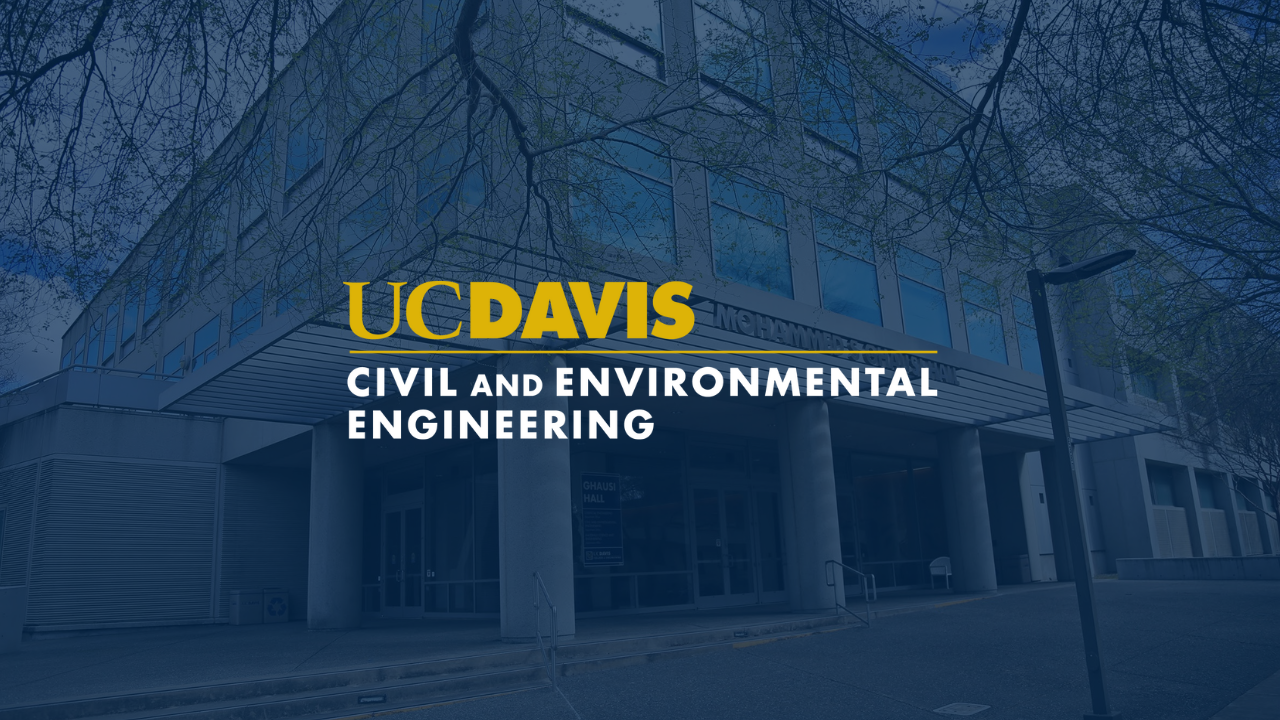
Event Date
Abstract:
Civil engineers play a pivotal role in addressing global issues of climate change, water scarcity, infrastructure development, and sustainable energy, as defined in the United Nations Sustainable Development Goals. These multifaceted global challenges involve uncertainty, automation, and management of large-scale data. Preparing the next generation of civil engineers to handle such data analysis requires implementing digital literacy as a core component in engineering education. Additionally, addressing these global challenges necessitates an understanding of diverse contexts, cultures, and interconnected systems. The first part of the presentation will highlight the incorporation of computational thinking framework and engagement with computational tools into the fundamental engineering curriculum to foster critical thinking and coding skills among students. Subsequently, the presentation will discuss integrating global education through cultural humility, global engagement, and local engagement with global challenges into civil engineering curricula, undergraduate research, diversity, equity, and inclusion. Overall, integrating critical computational thinking and data analysis skills with a global engineering education cultivates a well-rounded next generation of civil engineers equipped to navigate the challenges of the digital 21st century and the future.
Biography:
Mandeep Singh Basson is a Lecturer in the Department of Civil and Environmental Engineering at the University of California, Davis. He earned his PhD in Geotechnical Engineering at UC Davis, a master’s in Geotechnical and Geoenvironmental Engineering from the Indian Institute of Technology, Delhi, India, and a bachelor’s in civil engineering from Thapar University, Patiala, India. He served as a DAAD research exchange fellow at Technical University, Munich, Germany, during his master’s. At UC Davis, he has served as an instructor/TA/reader for multiple fundamental mechanics, geotechnical engineering, and introductory undergraduate courses, guest lecturer for introduction to graduate school course, and co-led the annual Python workshop. He has received the campus-wide Outstanding Graduate Student Teaching Award and the College of Engineering Best Graduate Student Teaching Award for teaching effectiveness and pedagogical contributions. Additionally, he has served as an outreach coordinator for the geotechnical graduate group, collaborated with the Global Affairs office on global learning outcomes, and served on multiple committees for the department and the Graduate Student Association. His pedagogical research interests include implementing data analysis and visualization in engineering curricula for the current data-driven world, inter-disciplinary peer mentorship in engineering, the universal design of learning in engineering curricula, and the intersection of global learning outcomes with engineering education.
